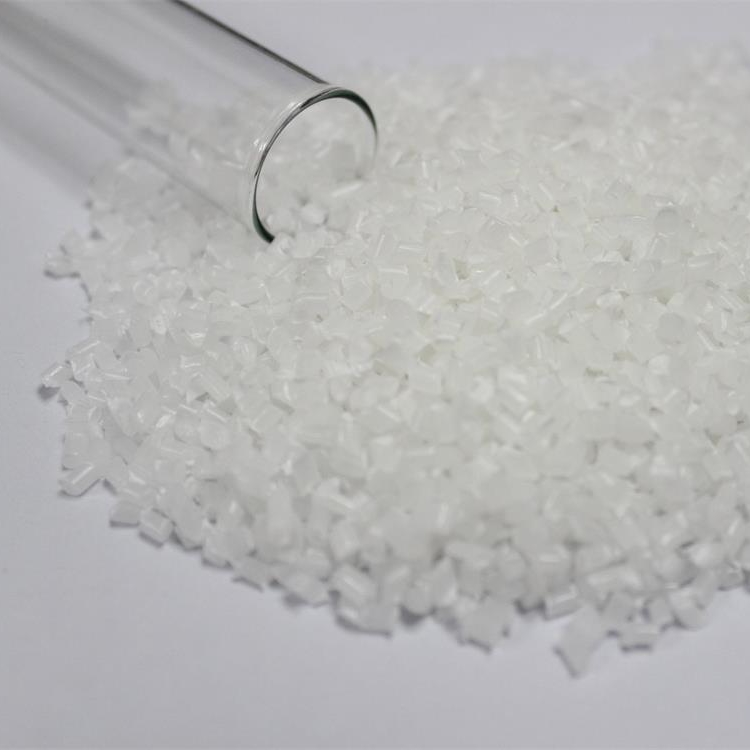
- +8615880211820
- [email protected]
- Tongan Industry Park, Xiamen
In the ever-evolving landscape of plastics manufacturing, finding innovative and sustainable solutions is paramount to meeting the demands of both industry and the environment. The rising cost of Titanium Dioxide, a common ingredient in white plastics, has spurred the search for more cost-effective alternatives that do not compromise quality. Enter PE White Masterbatch, a versatile and eco-friendly solution that not only enhances the aesthetics of plastic applications but also aligns with environmental protection goals.
At our factory, we take pride in manufacturing White Masterbatches that serve as a boon to the plastics industry. These masterbatches are designed to brighten, whiten, and add opacity to a wide range of plastic applications, including film and sheet extrusion, profile extrusion, injection molding, and blow molding. With a polymer-specific approach, our masterbatches are tailored to meet the unique requirements of each application, ensuring optimal performance and visual appeal.
What sets our White Masterbatch apart is our ability to engineer multi-component formulations that encapsulate functional and processing aids. This versatility allows us to incorporate additives such as anti-static agents, UV stabilizers, and much more. By doing so, we enhance the required properties of your plastic application, making it more resilient, durable, and sustainable.
The cost of titanium dioxide, a widely used white pigment, has been steadily increasing. As a result, manufacturers are in constant search of cost-effective alternatives that can maintain color accuracy and covering power. Our proprietary White Masterbatch range was developed precisely to address this concern. Offering exceptional color accuracy and coverage, this range proves to be a reliable alternative to Titanium Dioxide. Moreover, it helps mitigate processing issues associated with screw and barrel wear, saving both time and resources.
Environmental protection is at the forefront of our manufacturing process. We are committed to producing sustainable solutions that adhere to the highest regulatory standards. Our White Masterbatch formulations comply with REACH regulations, ensuring the safety of both consumers and the environment. Additionally, our products meet international food contact standards, FDA regulations, medical device standards, pharma regulations, and EN71 requirements for children’s toys.
We operate in accordance with RoHS regulations, governing the manufacture, import, and distribution of electrical and electronic equipment. Furthermore, our commitment extends to complying with End of Life Vehicle regulations from 2003 and 2005, ensuring that our products are not only functional but also environmentally responsible.
In an era where environmental consciousness is essential, our PE White Masterbatch for plastics stands as a testament to our commitment to both quality and sustainability. With our innovative formulations, we offer cost-effective alternatives to traditional pigments, while also prioritizing compliance with stringent environmental regulations. By choosing our White Masterbatch, you not only enhance your plastic applications but also contribute to the protection of our precious environment. Together, we can build a more sustainable future for the plastics industry and the planet as a whole.
Our masterbatches find a multitude of applications across diverse industries. Whether in plastics, textiles, or various manufacturing processes, our masterbatches play a pivotal role in enhancing product quality and performance. With customizable formulations, they offer color consistency, UV protection, flame resistance, and more, making them the go-to solution for countless applications. From automotive parts to packaging materials, our masterbatches are the trusted choice for achieving superior results across a wide spectrum of industries.
Our custom masterbatches are designed to match specific polymers, ensuring optimal performance when incorporated into your selected material. We have the capability to produce masterbatches suitable for a variety of polymers mentioned below, and many more. If you’re working with a material that isn’t listed here, please don’t hesitate to reach out to our knowledgeable technical team to explore the possibility of meeting your specific needs.
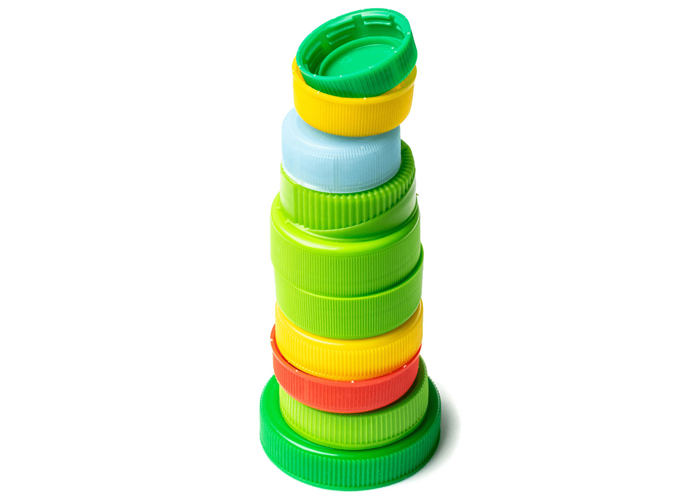
Low Density Polyethylene – Somewhat more translucent than HDPE and considerably more pliable, primarily employed in flexible packaging, tote bags, pliable tubing, film applications, and similar uses. Like HDPE, it has limited transparency characteristics. It exhibits outstanding chemical resistance to alcohols, acids, and alkalis but has restricted resistance to hydrocarbon solvents and mineral oils. Prolonged exposure to UV radiation can initiate degradation.
High-Density Polyethylene – Featuring a somewhat milky-white appearance, this material finds wide application in rigid bottle packaging, injection-molded caps and closures, crates, and more. Its natural opacity can limit the degree of transparency attainable. HDPE exhibits superior chemical and solvent resistance when compared to LDPE.

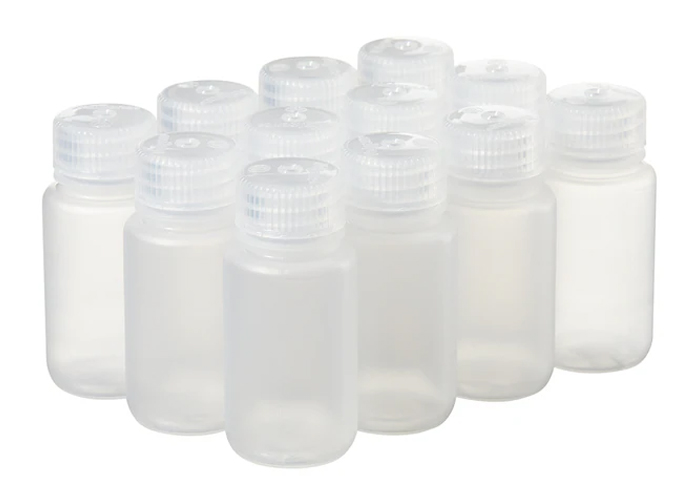
PPCO Random & PPHO – A polymer with moderate clarity, employed in the production of caps and closures. It is also utilized for crafting household items, buckets, toys, and storage containers. Polypropylene offers flexibility without significant limitations on color or special effects. Random copolymer boasts greater clarity compared to homopolymer and is better suited for creating translucent shades.
PPCO Block – Similar to PPCO but enhanced for increased impact resistance. An additive renders the polymer white, resulting in high opacity. This characteristic may limit the achievable transparency.
Polyethylene Terephthalate (PET) – Polyester materials exhibit robust mechanical strength along with excellent chemical resistance and barrier properties. PET is frequently chosen for the production of carbonated beverage containers. Moreover, polyester can be spun and employed in textile manufacturing for clothing. PET is highly transparent, making it an excellent choice for translucent packaging, although a subtle hint of “yellowing” may impact extremely light tints.

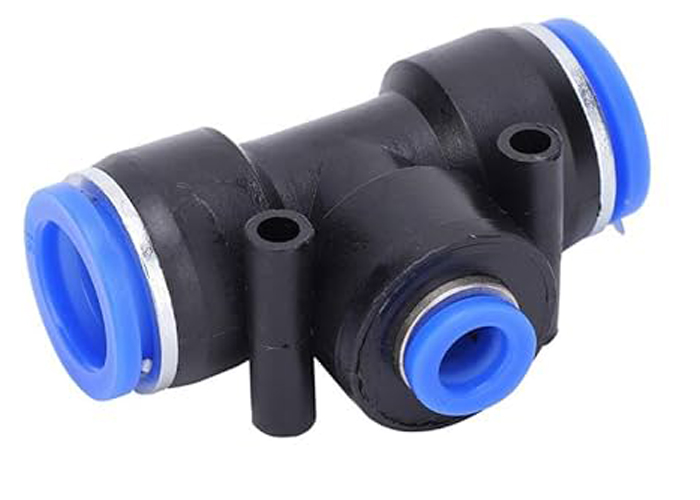
Polybutylene Terephthalate – A crystalline thermoplastic engineering polymer frequently employed as an insulating material within the electronics sector. This substance belongs to the polyester category, showcasing a remarkable equilibrium of attributes and processing qualities.
General Purpose Polystyrene – Exhibiting a glass-clear appearance but possessing minimal impact resistance, this material finds its primary application in CD cases. Its notable clarity renders it suitable for creating translucent hues, although an occasional violet tint may be discernible.
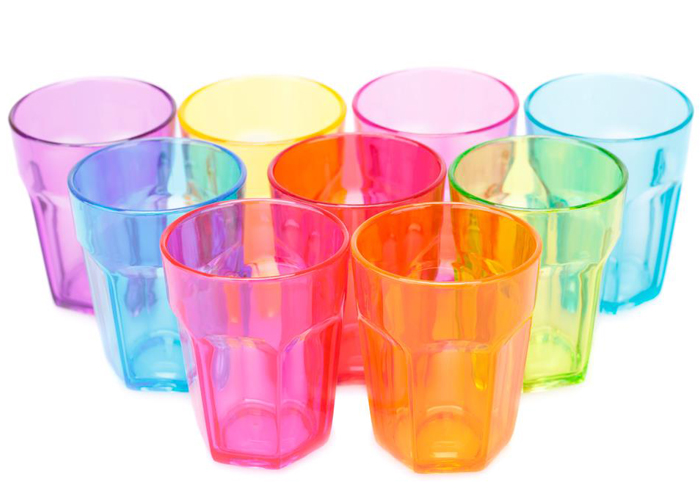
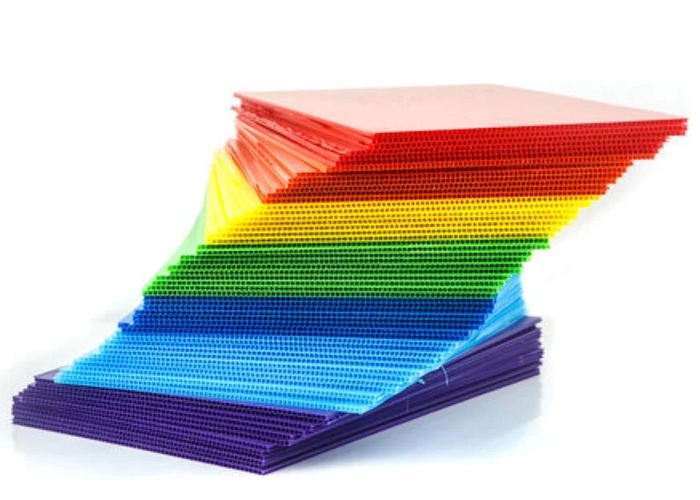
High Impact Polystyrene – Derived from GPPS by incorporating an impact-enhancing agent to boost its resistance to impacts. This added component results in the polymer becoming white, and different formulations provide varying degrees of opacity. Typically employed in the fabrication of game pieces, toys, and similar items. Its pronounced whiteness can pose challenges when aiming for translucent coloration. Specialized alternatives like K-Resin and Styrolux are accessible in the market to attain the same level of translucency as GPPS.
Acrylonitrile Butadiene Styrene (ABS) – A more robust iteration of High Impact Polystyrene (HIPS) employed in high-value components. ABS exhibits greater durability compared to HIPS-made components, although it encounters similar challenges when attempting to achieve translucent colorations. Just like HIPS, ABS offers specialized translucent variants. Owing to its durability, ABS is commonly used in crafting casings for power tools.

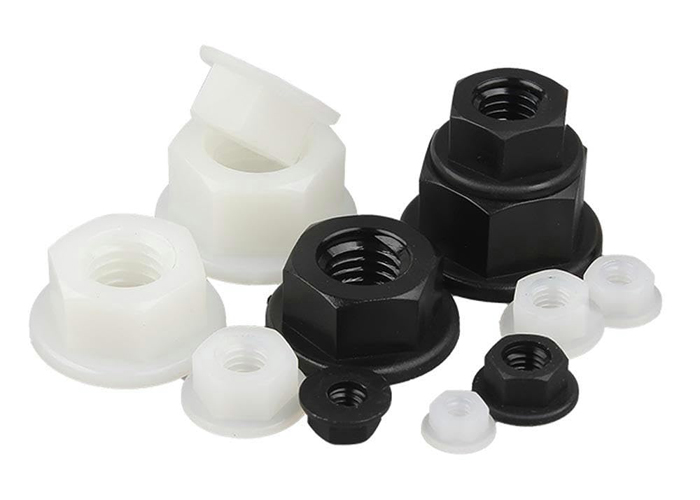
Polyamide (6, 66) – Nylon represents a versatile grade extensively employed in mechanical construction and maintenance. Its popularity stems from its excellent blend of mechanical strength, rigidity, mechanical damping characteristics, and effective electrical insulation capabilities. Consequently, nylon is a preferred material for manufacturing electrical enclosures. PA66 serves as a common alternative to metal across diverse applications, with its chemical and physical attributes closely resembling those of PA6. PA6 exhibits superior impact resistance and resistance to solvents, albeit with a heightened susceptibility to moisture absorption.
Styrene Acrylonitrile Copolymer – Possessing transparency and outstanding chemical and heat resistance, SAN also boasts good rigidity, tensile strength, and flexural strength. Thanks to its high-gloss finish, SAN is commonly chosen for cosmetic packaging purposes. However, achieving light tint colors with SAN can be challenging due to the violet dyestuffs inherent in the material, which are utilized to enhance its visual appearance during manufacturing.
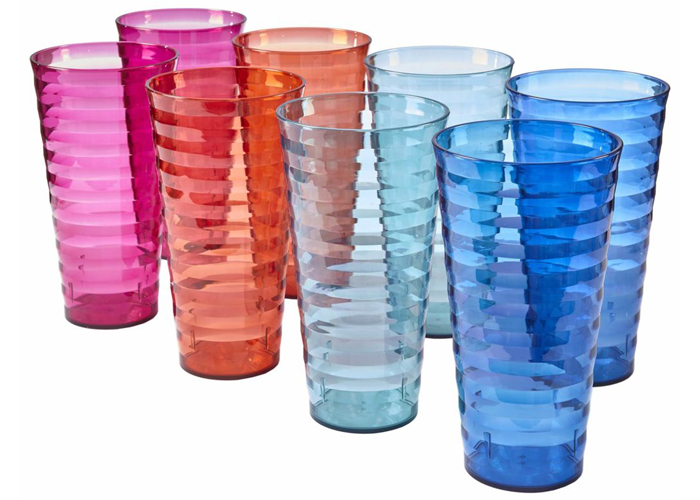
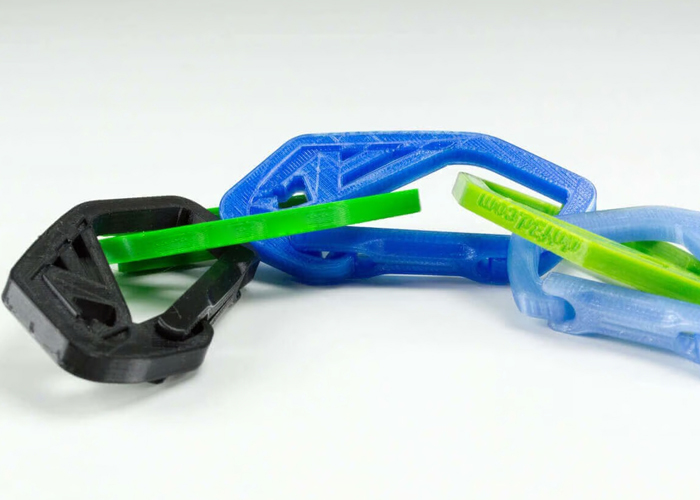
Polyethylene Terephthalate Glycol – PET with the incorporation of glycol. This glycol addition enhances flow properties but diminishes strength. PETG can be extruded to create bottles and can be formed into sheets for producing ‘blister’ style packaging.
Thermoplastic Elastomer (TPE) or Thermoplastic Polyurethane (TPU) – TPU finds diverse uses in applications such as automotive instrument panels, caster wheels, power tools, medical devices, as well as various extruded film, sheet, and profile applications. TPEs are employed across a wide range of applications in industries spanning automotive, medical, construction, electrical, appliances, packaging, and industrial sectors.
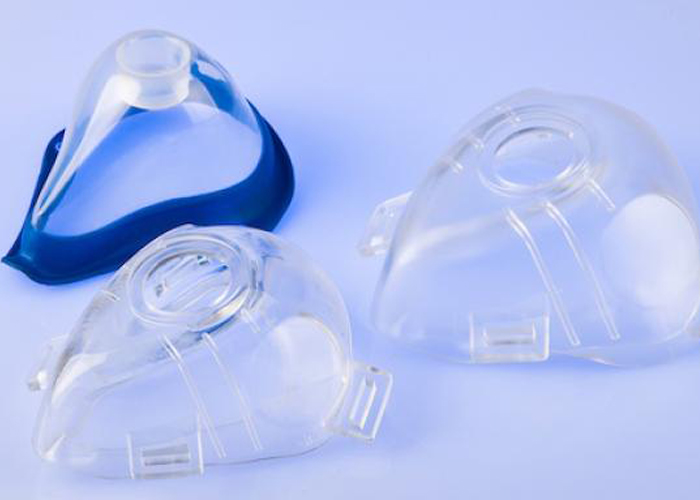
Frequently asked questions about our masterbatch
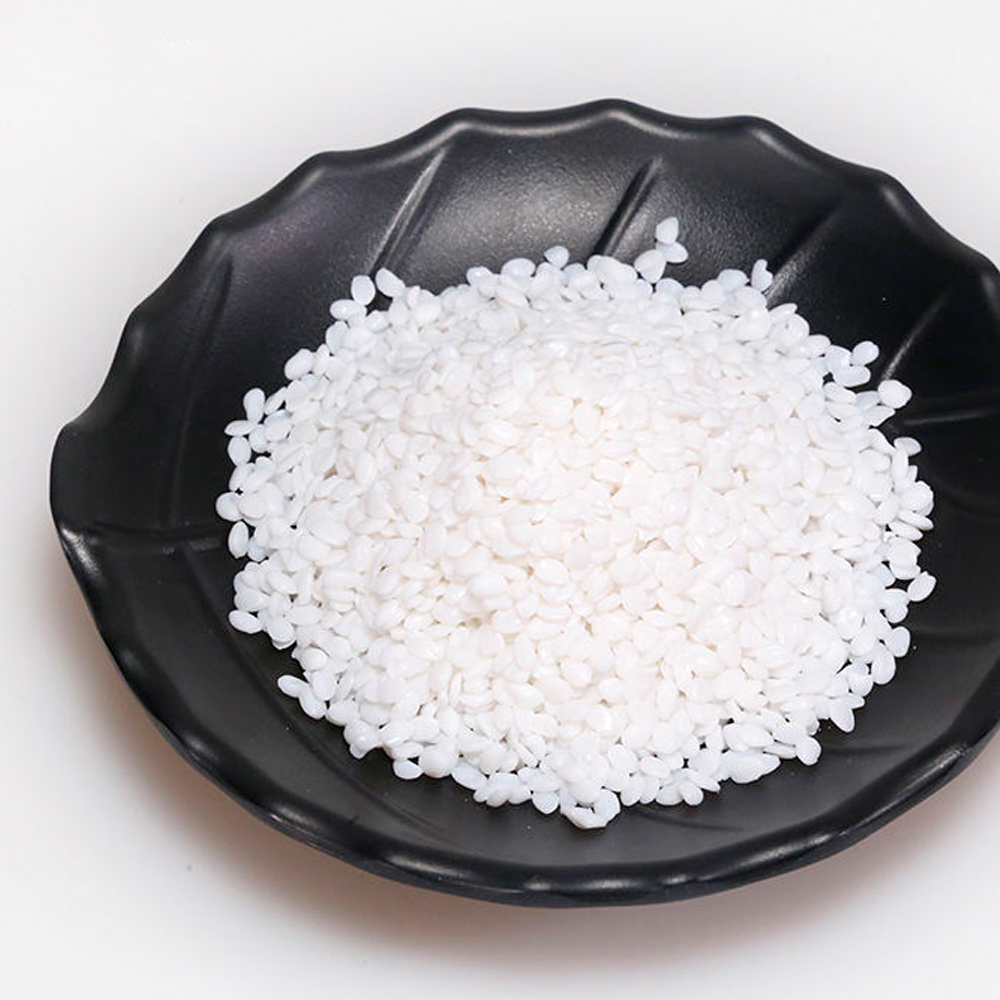
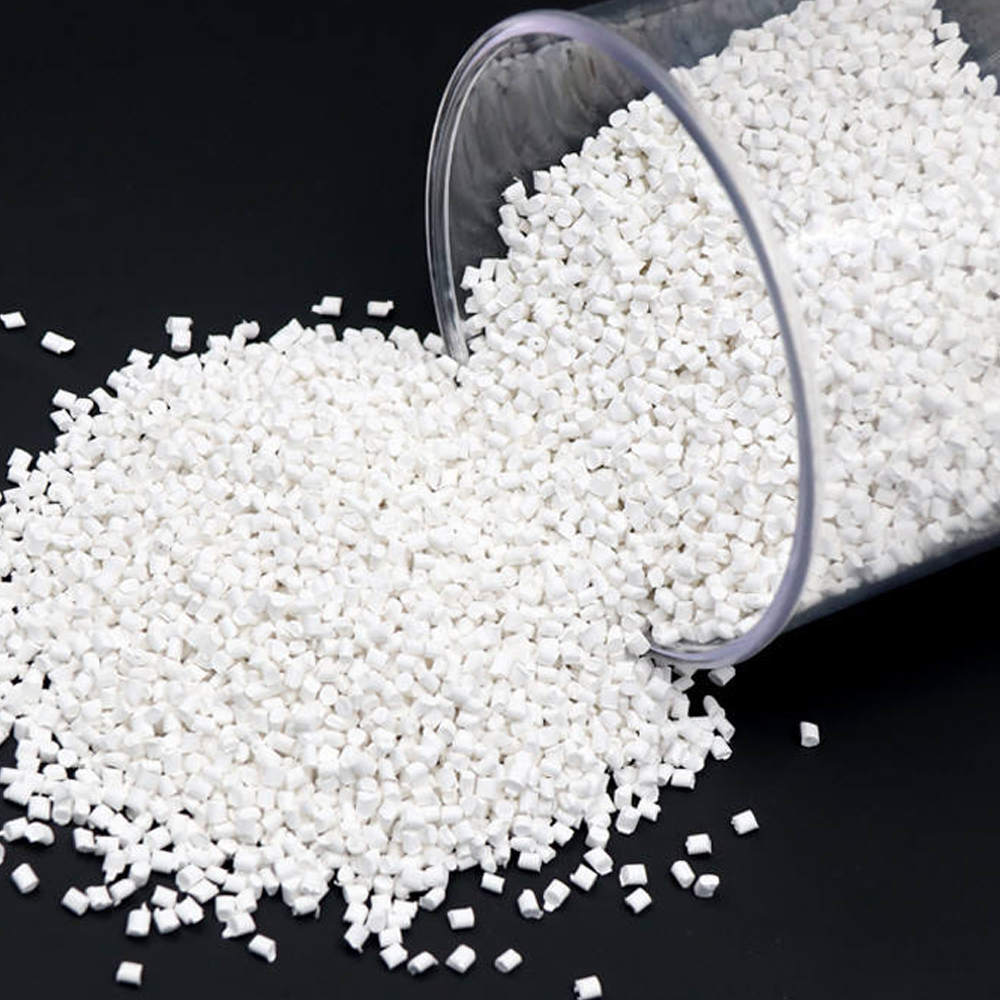
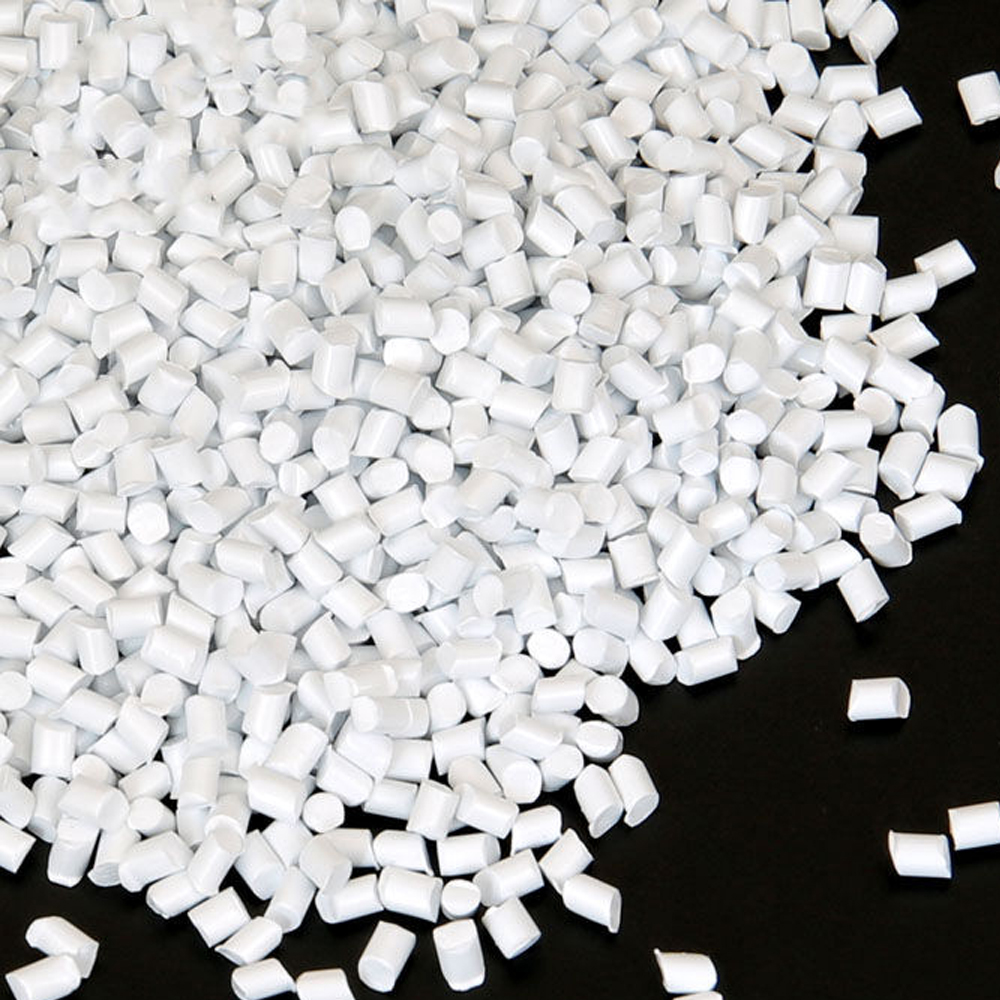
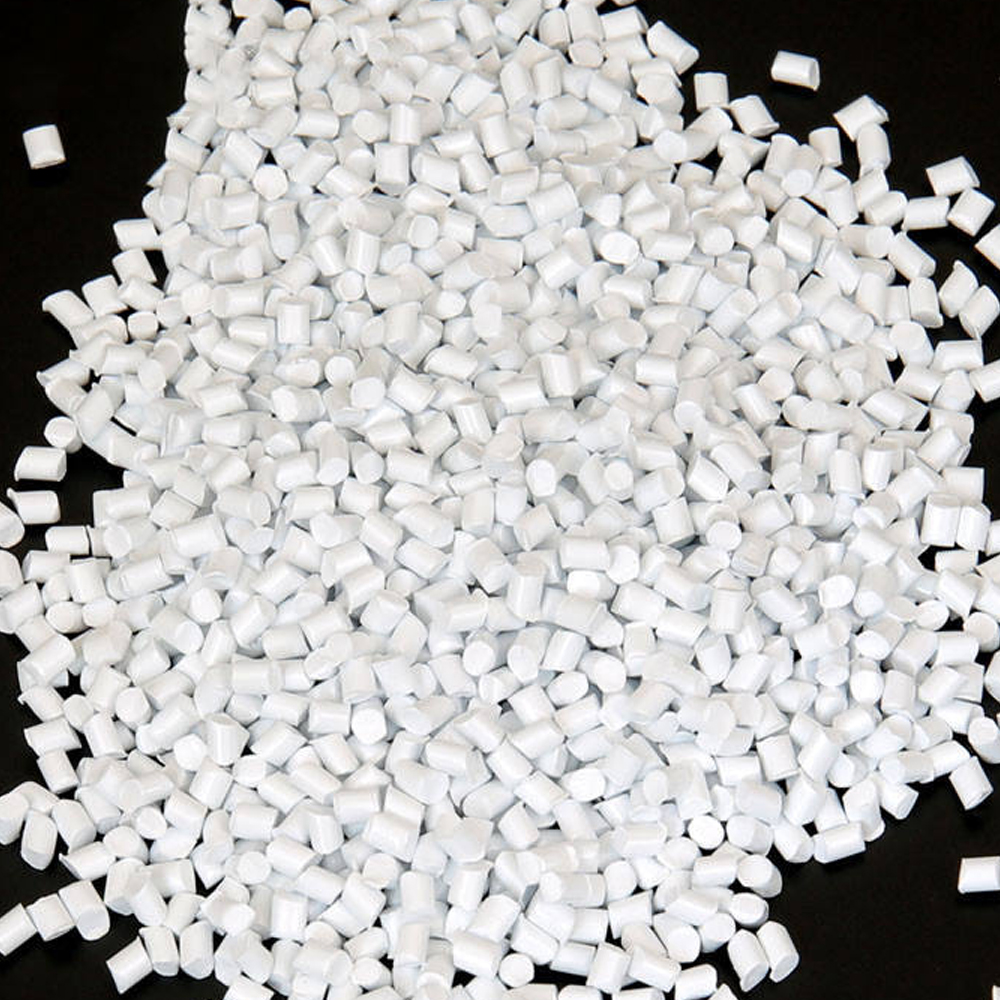
©2023. Masterbatch Manufacturer All Rights Reserved.
Our team will send back the best offer in 20 minutes.